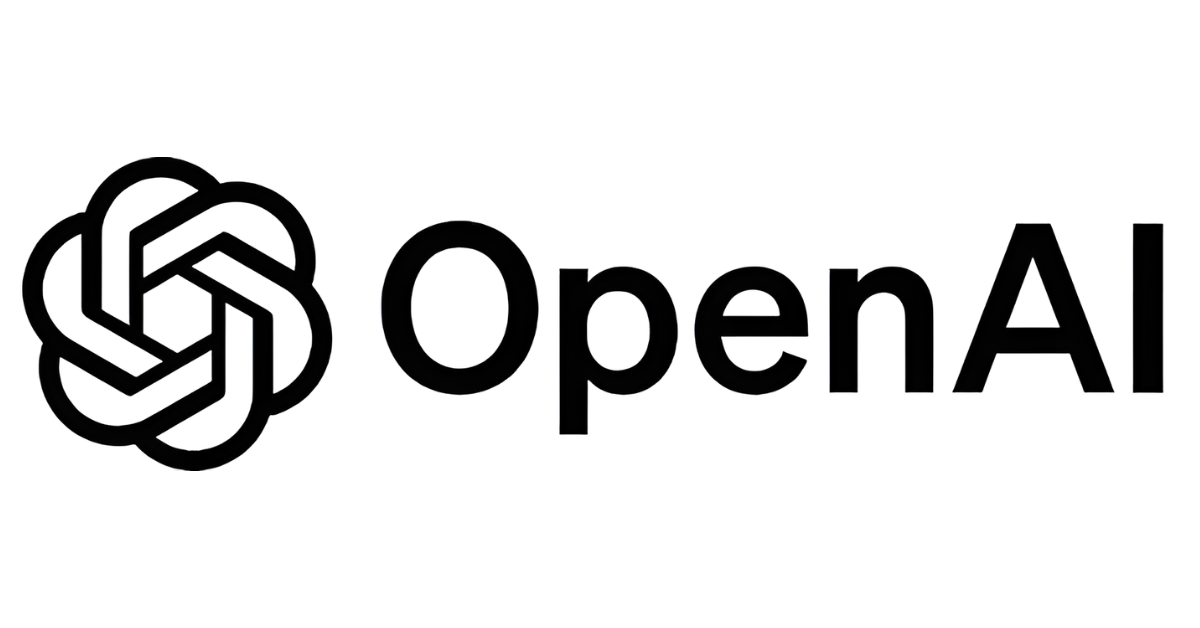Men Mental Health at a Crossroads in 2025
Men mental health has long been a silent crisis. Despite making up nearly 50% of the global population, men account for 75% of suicide deaths worldwide. In 2025, the conversation is finally shifting—but slowly. Cultural expectations, stigma around vulnerability, and low help-seeking behavior continue to make mental health support less accessible for men.
However, men mental health awareness campaigns have gained momentum, with a growing focus on reaching men where they are—online, at work, and within social circles. New AI-based mental health tools are now complementing these awareness drives by providing personalized support, early detection, and non-judgmental spaces for healing.

AI’s Impact on Men Mental Health in 2025
Artificial Intelligence is becoming a critical enabler in bridging the gap between suffering and support. Here’s how:
| AI Application | Impact on Men Mental Health |
|---|---|
| Predictive Mood Analysis | Detects depression signs through voice, typing patterns, and facial cues |
| Digital Therapy Assistants | Provides anonymous, 24/7 support tailored to male communication styles |
| Emotion Recognition Tools | Helps identify irritability or aggression as hidden symptoms in men |
| Virtual Group Therapy Tools | Encourages male bonding and peer support through gamified therapy rooms |
| Workplace AI Wellness Bots | Monitors stress signals and prompts burnout prevention interventions |
These tools enable earlier diagnosis and discreet support, both of which are critical in improving men mental health awareness.
Why Do Men Avoid Mental Health Help?
Despite technological advances, a large segment of men still refuses to seek help. Reasons include:
- Fear of appearing weak
- Cultural conditioning to “man up”
- Belief that sadness equals weakness
- Poor awareness of available mental health services
AI isn’t just analyzing symptoms—it’s helping to reframe mental health as strength, especially through tailored messaging that appeals to male identities.
Men Mental Health Statistics in 2025
According to Mental Health America, the situation in 2025 looks like this:
| Metric | Value (2025) |
|---|---|
| Men with diagnosed depression (US) | 6 million+ |
| Suicide rate among men vs. women | 3.8x higher |
| Men receiving mental health support | ~41% |
| Men using mental health apps weekly | 29% |
This gap shows the need for improved men mental health awareness and continued support systems.
How AI Is Boosting Men Mental Health Awareness
AI is not just helping individuals—it’s powering entire awareness ecosystems. Examples include:
- Instagram and TikTok AI algorithms that detect when a user might be spiraling and offer mental health content
- Chatbots on websites like HeadsUpGuys (designed specifically for men’s mental wellness)
- Email and workplace productivity bots offering nudges or wellness tips after detecting long work hours or reduced interaction
Such innovations elevate men mental health awareness and normalize conversations around it.
Common Mental Health Conditions Among Men
| Condition | Symptoms Often Seen in Men |
|---|---|
| Depression | Irritability, anger, withdrawal |
| Anxiety | Restlessness, excessive control over situations |
| PTSD | Nightmares, anger outbursts, hyper-vigilance |
| Substance Use Disorders | Overuse of alcohol, energy drinks, or opioids |
| Burnout & Work Fatigue | Emotional numbness, procrastination, cynicism |
Recognizing how these symptoms manifest differently in men is key to boosting men mental health awareness.
Real Stories Fueling Men Mental Health Awareness
In recent years, public figures like Dwayne Johnson and Prince Harry have openly spoken about their battles with anxiety and depression. These candid admissions have encouraged others to share their own experiences.
AI-powered platforms like Reddit and Quora show massive spikes in “men crying” and “how to talk to someone about depression” queries after such events. This reflects growing men mental health awareness—and the role of AI in measuring and amplifying it.
The Role of Schools and Workplaces in Men Mental Health
Colleges and workplaces now deploy AI mental health screeners to support male students and employees. These include:
- In-class emotion trackers using facial recognition (opt-in)
- Workplace Slack bots offering micro-interventions
- Periodic surveys powered by machine learning to adjust mental health resources dynamically
This “built-in” approach lowers barriers to entry and improves men mental health awareness through consistent exposure.
Challenges Ahead in Men Mental Health Support
Despite the momentum, challenges persist:
- Bias in AI datasets often overlooks nuanced male expressions of distress
- Many AI tools are still language-biased (favoring female-coded emotional terms)
- Lack of male therapists in many mental health apps limits relatability
These gaps are being addressed through inclusive design, male-led advisory panels, and multi-lingual AI assistants.
What You Can Do Today
Whether you’re a man, a loved one, or a leader, here’s how you can support:
- Use HeadsUpGuys, a leading platform designed for men’s mental health
- Share tools like Wysa or Woebot, which offer AI-based anonymous support
- Encourage open conversations in your family or team
- Write or post about your own journey—stories reduce stigma
- Push for mental health parity in insurance and workplace benefits
Every action increases men mental health awareness and helps more men feel seen and supported.
Conclusion
Men mental health is not just a medical issue—it’s a social, emotional, and technological one. In 2025, men mental health awareness is more than hashtags and hotlines. It’s AI tools that learn how men express stress. It’s digital communities that listen without judgment. And it’s you—taking one small action to open a conversation. With compassion and innovation, we can make mental wellbeing part of everyday life for every man.
Also Read – https://aiindexes.com/men-mental-health-ai/





